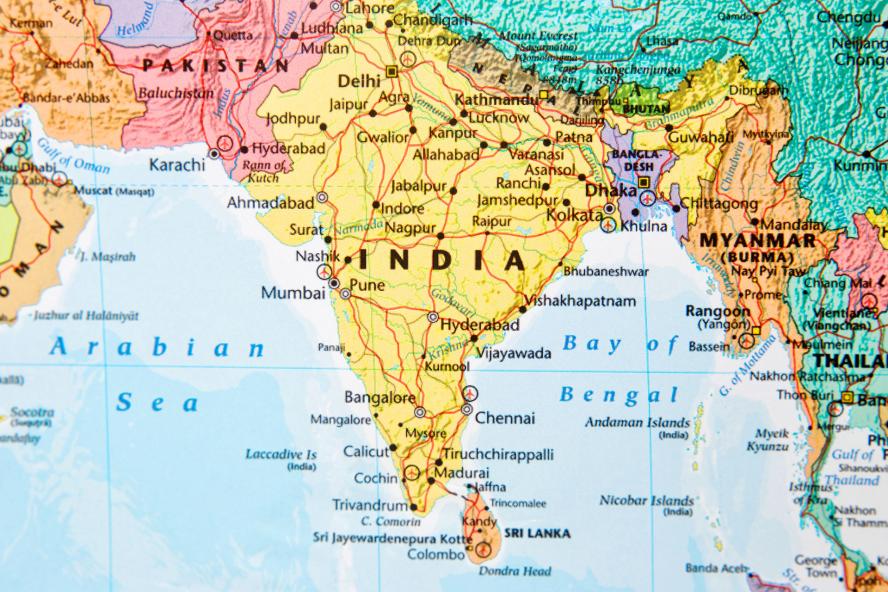Research
Digital Humanities Lab
The South Asia Digital Humanities Lab at Tufts University pursues projects in oral history collection, global networked learning, multimedia indexing, and annotation. We seek collaborations to create a shared searchable corpus of South Asian multimedia materials online, and to leverage these instructional resources for education in connected classrooms. Our projects have been made possible thanks to internal funding from the Tufts Collaborates! and Tufts Innovates! grants, and external funding from the National Endowment for the Humanities.
Faculty and Staff
Ayesha Jalal, Department of History, School of Arts and Sciences and The Fletcher School
David Grogan, Tufts Technology Services
Courses and Projects
Bay of Bengal: Flows of Change
This course is taught in connected classrooms and will be offered between Tufts University in Boston and BRAC University in Dhaka in Spring 2014. We will use videoconferencing and webconferencing to support synchronous class sessions between students in distant classrooms. The course explores the connected history of the eastern Indian Ocean, and linkages between South and East Asia in global context. Major themes include environmental change, population migration, intellectual and cultural exchange, and transformations of political economy in a pivotal arena for world politics. A new digital textbook has been developed for the course, and students in Boston and Dhaka will work together on collaborative research assignments focused on collecting and curating oral histories and other audiovisual source material. This project is supported by a Tufts Innovates! Grant. Watch the video to learn more.
Islam on the Indian Ocean Rim
This course is taught in connected classrooms between Tufts University in Boston and LUMS University in Lahore in Spring 2012. We used videoconferencing and webconferencing to support synchronous class sessions between students in distant classrooms. The course focuses on the history of cosmopolitanism, inter-regional connection and competing universalisms across the rimland of the Indian Ocean. A new digital textbook was developed for the course in which scholars transgress conventional temporal thresholds used to periodize South Asian history, as well as the conventional spatial horizons that have tended to separate the study of South Asia from the study of Central Asia, Africa, the Arab world and Southeast Asia. This project is supported by a Tufts Collaborates! Grant.

Bengali Cultural Heritage in the Postcolonial Age Oral History Project
A project in oral history collection supported by a Collaborative Research Grant from the National Endowment for the Humanities. The collection explores the webs of association between ideas, culture, social experience and urban geography. Historical transformations are expressed through the life experience of senior intellectuals of West Bengal and Bangladesh, born between c. 1920 and c. 1950. These artists, journalists, photographers, policy makers and academics helped create postcolonial cultural institutions in rising nation-states and across nation-states, and helped give shape to our understanding of South Asia in the modern world.

Corpora
Corpora is a new site that brings together humanities and science professionals, developers, metadata specialists, and librarians to coordinate the Corpora project. Corpora is a collaboratively developed, open source web application to rapidly discover, retrieve and cross-reference indexed video and transcript files, and other educational media, at a granular level and in comparative perspective. Corpora is also a collaborative effort to share resources and best practices in the areas of application development, metadata, data sharing, data licensing, and data sources in support of multimedia repositories.
